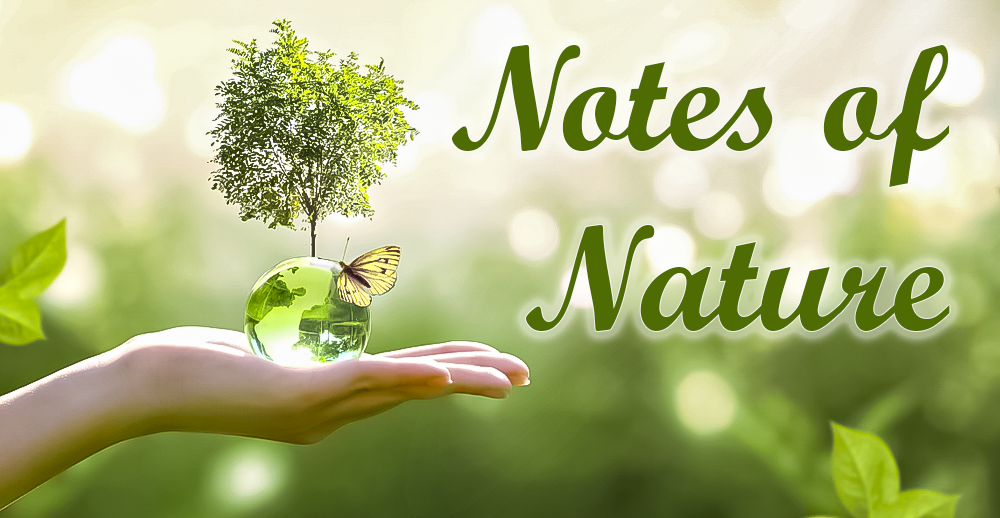This maple, Acer japonicum 'Vitifolium', is a cultivar of the species that was introduced to Britain in 1864 from Japan. The cultivar was named, in Britain during 1876, for its large and lovely leaves - with leaves (folium) like vine (viti).
While the leaves are impressive, it's the flowers that attracted me to this tree when I photographed it in April of this year.
The deep red petals are small and the big yellow anthers protrude out of the flower. As the flower becomes fertilised the fruit starts to develop, while the petals remain for a time. It's beautiful to see these different stages, which I have tried to show in the photograph above.
Being a tree of cultivation, there are no major uses of the tree other than for how it looks, although the wood is said to be used for furniture and engraving in Japan. From these colourful and interesting flowers early in the season to the multi-coloured foliage in the autumn, this is a fine ornamental tree that can grow to around 10 metres in 20 years if optimally placed and cared for and is known to grow in a spreading habit.
Resources:
More, David, and John White. Illustrated Trees of Britain and Northern Europe. London, UK: A&C Black, 2012.
Coombes, Allen J., and Zsolt Debreczy. The Book of Leaves: A Leaf-by-Leaf Guide to Six Hundred of the World’s Great Trees. S.l.: Ivy Press, 2015.





